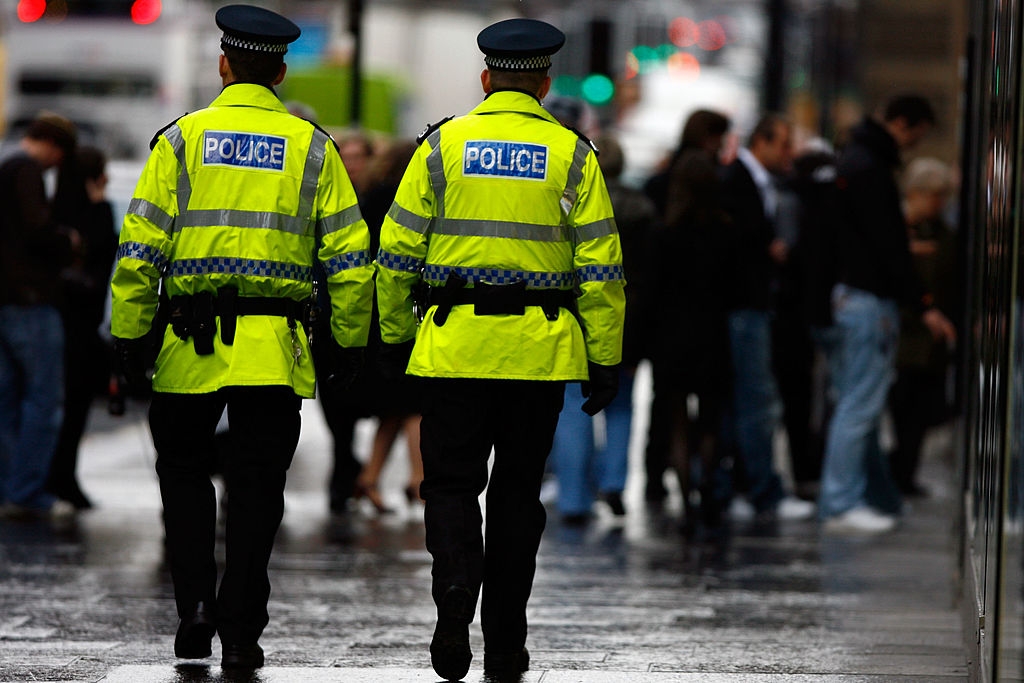Has Police Scotland misunderstood the purpose of policing? A recent crackdown on ‘controversial stickers’ appears to suggest as much.
‘On Monday 17th May we received a report of controversial stickers having been placed on lampposts,’ said a message on Kirkcaldy police’s Twitter feed, posted last week. ‘Should you come across stickers of this nature, please contact ourselves or Fife Council so that their removal can be arranged’.
So what did the stickers actually say? It transpired that they were emblazoned with the words:
‘Women won’t wheesht’
Baffling? Maybe. But is it really the business of the police to investigate such stickers?

Various hashtags, including ‘SexNotGender’ and ‘WarOnWomen’, were also included. But many women – who feel that their rights risk being forgotten given the relentless attention handed to the transgender rights movement – are concerned that there really is a ‘war on women’. Should they not be allowed to say as much?
A century ago, suffragists campaigned for the right of women to vote; women today are now fighting a rearguard action to keep hold of the word ‘woman’.
Scotland, in particular, where this saga played out, seems in thrall to a gender ideology that demands that people accept that a woman is anyone – of either sex – who wants to be a woman. That principle was already enshrined in law by the Gender Representation on Public Boards (Scotland) Act 2018, which states that:
‘Woman” includes a person who has the protected characteristic of gender reassignment (within the meaning of section 7 of the Equality Act 2010) if, and only if, the person is living as a woman and is proposing to undergo, is undergoing or has undergone a process (or part of a process) for the purpose of becoming female.’
As a science teacher, it is baffling to me how anyone who was not already female could become female. But it seems that in Nicola Sturgeon’s Scotland, anything might be possible.
Following widespread social media outrage, Kirkcaldy police subsequently deleted their tweet. A source told the Scottish Sun it had been ‘poorly worded’.
But while the tweet has gone, several questions remain: why did police think this matter worthy of their intention in the first place? And were police concerned that these stickers were damaging property? Or did they act because the stickers conveyed a ‘controversial’ message that women were eager to keep hold of their sex-based rights?
Police Scotland needs to come clean on why it thought these stickers worthy of its attention in the first place.







Comments